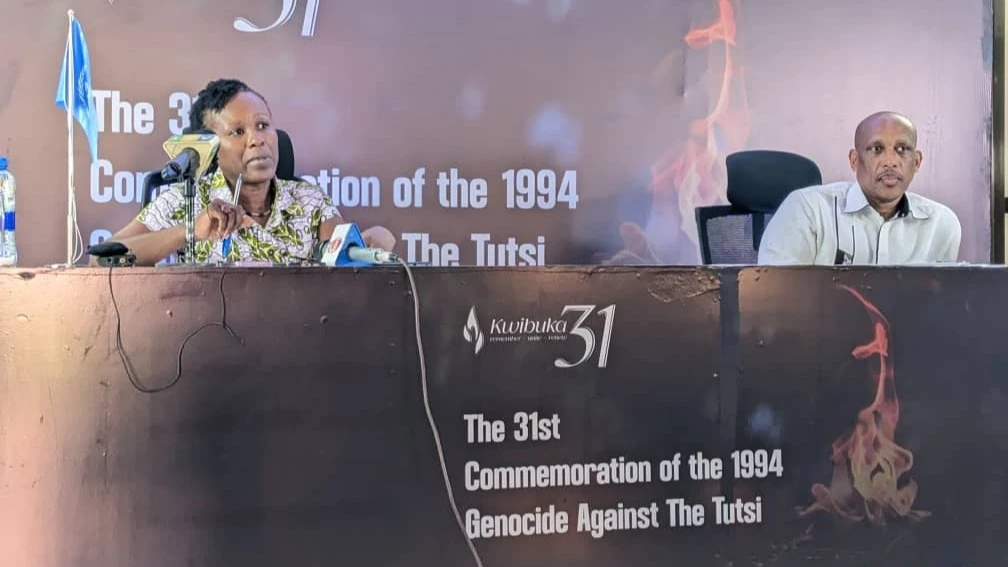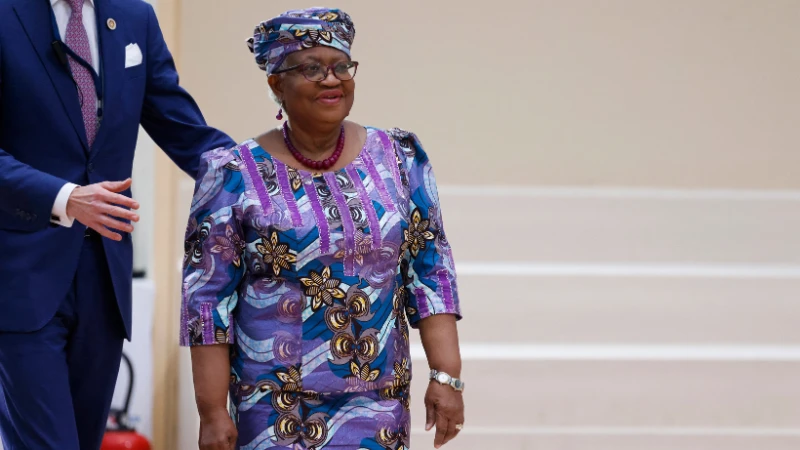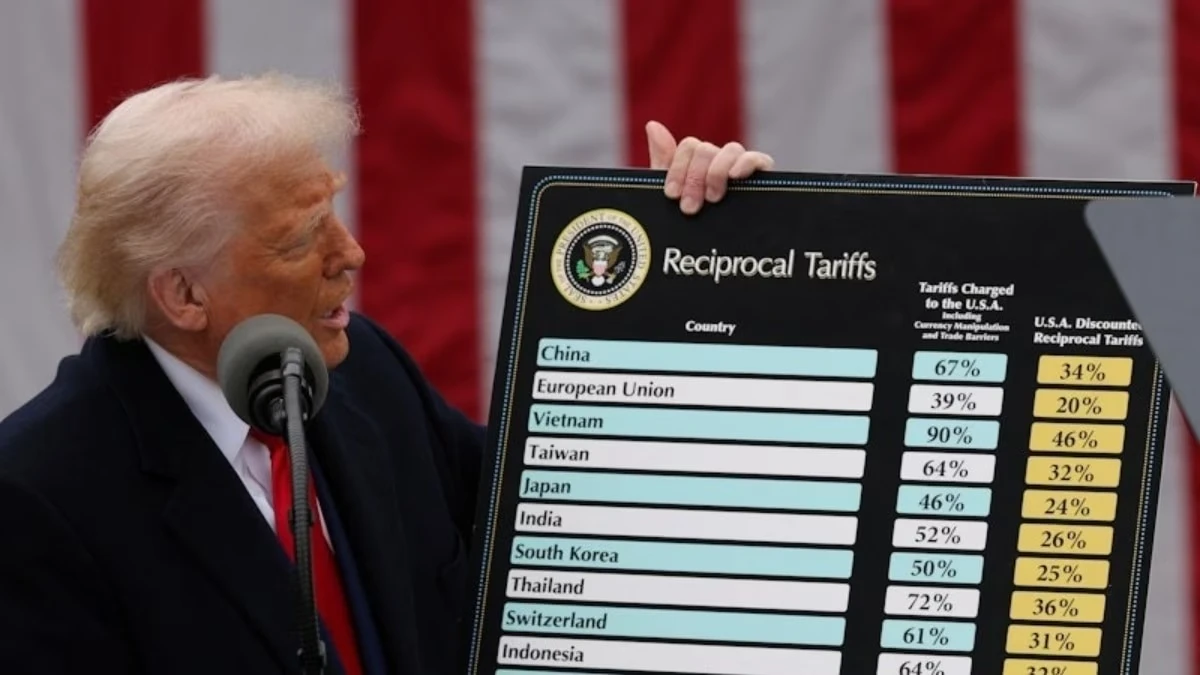Controversy arises over Kibaha women's, youth project leased to foreign nationals

A project aimed at economically uplifting low-income women and youth has sparked controversy in the Kibaha Town Council, Coast Region.
This follows the leasing of the project's buildings to foreign nationals in January this year. Before starting their intended business, the investors renovated the existing buildings and constructed a new one within the project area.
The entrepreneurship buildings, located in Zogowale Street, Misugusugu Ward, Kibaha Town Council, were built by an organization focused on empowering economically disadvantaged women and youth.
Constructed in 2009—16 years ago—by Ways Organization, the project aimed to support young people and women by providing chairs, cooking pots, vouchers, and refrigerators to help them start small businesses.
Speaking to this reporter, Monica Daniel, a founding member of the Youth Group benefiting from the project and later a member of the Women's Group, explained that the organization initially provided additional capital items, including chairs, televisions, pots, fridges, and vouchers.
However, she noted that most youth abandoned the group, leaving only a few women who continued running entrepreneurial activities in the buildings. Eventually, she also left, and the project remained under the leadership of the remaining women, who continued selling vouchers and renting out cooking equipment.
Monica stated that she only learned about the lease agreement through rumors. She recalled that when the organization handed over the buildings, it instructed that if the beneficiaries failed to sustain their activities, the project should be returned to the government.
Nasoro Mduma, who served as a Member of the Zogowale Local Government from 2009 to 2014, confirmed that the Ways Organization had formally requested the land from the government, which approved it in writing.
He added that the project initially had 54 members, but numbers dwindled over time, leaving only a few who continued managing it.
Halima Kondo, a longtime member of the Women's Group, said that their initial entrepreneurial activities—selling vouchers and showing football matches—were profitable. However, competition from other vendors selling vouchers and broadcasting football matches reduced their income.
When the lease agreement was proposed, group members were informed that the buildings would be rented out for over 10m/- per year. The contract was set for six years, with annual payments, and could be terminated if the investor breached the agreement.
However, Halima revealed that the group has not received any updates on the lease, despite reports of disputes due to limited consultation between the group and local government authorities.
When asked about the leasing of the buildings, Rukia Simba, the group's chairperson, declined to comment, stating that the Kibaha Town Council Director had already formed an investigation committee, which had questioned her and other leaders.
"I want to know who has complained. Also, I cannot say anything until I meet with other group members. This is not my personal project," Rukia said sharply.
Zogowale Street Chairman Edward Mkondya claimed he was not adequately involved in the decision-making process.
"I received a call from the Misugusugu Ward Executive Officer instructing me to sign documents that would be sent later. When I sought clarification, I was told by a superior at the ward level to just sign.
"When I refused, I was asked if I had documentation proving ownership of the buildings. I couldn't sign because I had no prior knowledge of the lease agreement between the investor and the group," Mkondya stated.
According to Mkondya, he was advised to visit the district offices for further verification. Meanwhile, the Chinese investors have already completed renovations and are operating a restaurant specializing in Chinese cuisine.
Upon visiting the project site, this reporter found that the new investors had already opened a restaurant and a large supermarket. Local residents claimed the business officially launched two days earlier.
Mkondya emphasized that the controversy stems from the failure to involve the town council leadership in leasing the buildings. The women who were initially granted the project were instructed to return it to the government if they could not sustain it. Instead, they made a decision without consulting the authorities.
When the women and youth were initially given the project, they received two buildings—one for a kitchen and dining area and another for an office and a hall for broadcasting sports events. Additionally, they were given over 100 chairs, televisions, and a fridge.
However, during a recent visit, it was observed that the new investors had extensively renovated the buildings, including replacing the rusty, worn-out roof. They also constructed a third building, which now houses the supermarket. Even the project signage is now written in Chinese.
In January, a meeting was convened for residents of three neighborhoods involved in the project. One of the resolutions was to form a committee to investigate the lease dispute. The committee was tasked with presenting its findings to the Kibaha Town Council Director, the Kibaha District Commissioner, and regional authorities.
The committee’s chairman, Ezekiel Shija, and secretary, Said Kondo, confirmed that they had already submitted complaints to the regional level and were awaiting feedback.
Meanwhile, the Zogowale Street Executive Officer and the Misugusugu Ward Executive Officer have been suspended over their alleged involvement in approving the lease agreement without consulting the town council leadership.
Top Headlines
© 2025 IPPMEDIA.COM. ALL RIGHTS RESERVED

























